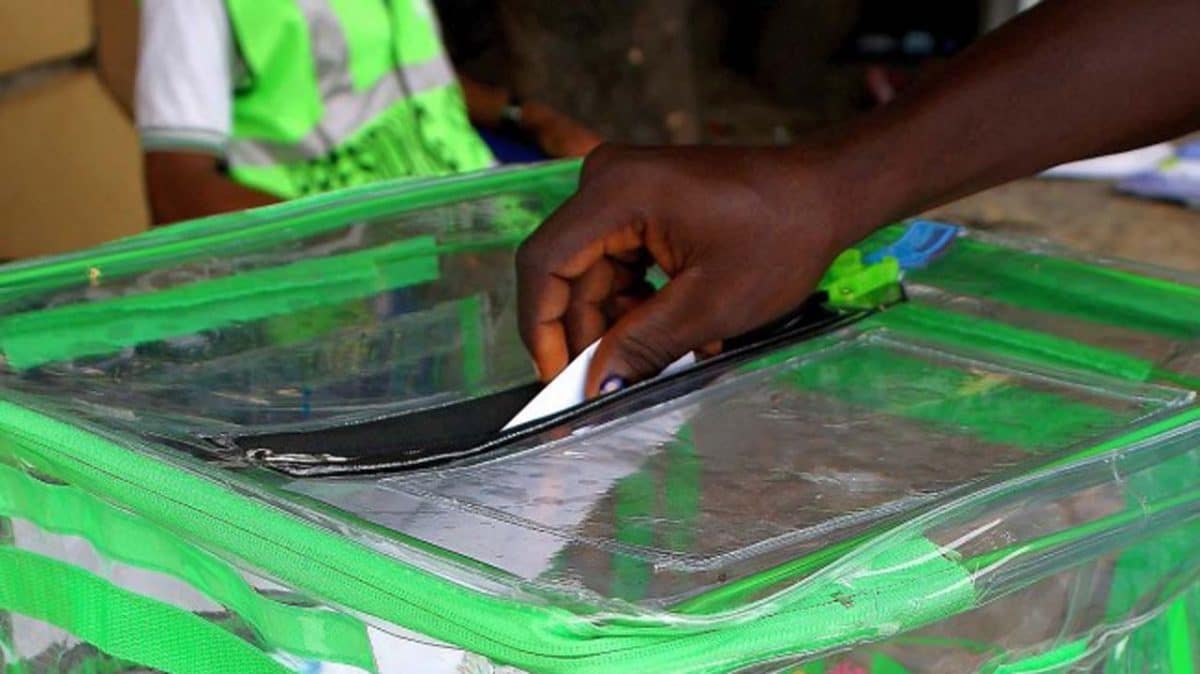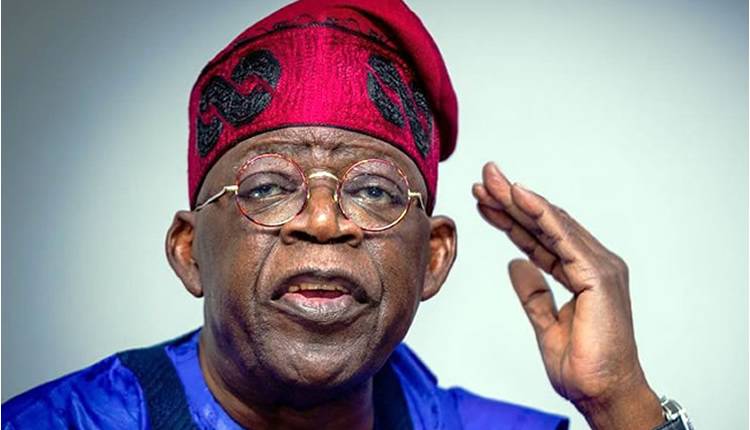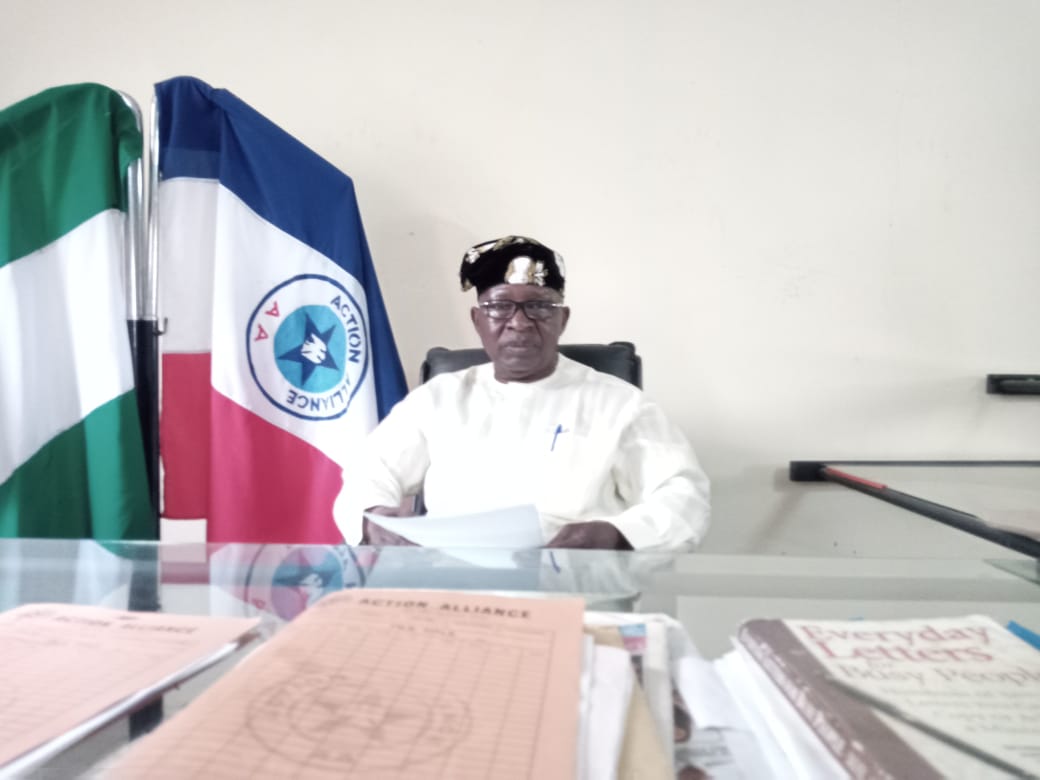The Election Evidence Nigeria Project (EEP), an initiative of independent researchers working on Nigerian elections, has provided major reasons for voter apathy in the country.
The researchers claim Nigeria ought to be concerned over the worsening voter apathy in the country, noting that while voter registration has been growing since 1999, the number of voters who turn out to vote during the elections continues to decline.
EEP also noted that Nigerian elections since 2011 have improved and that the 2023 elections are part of that improvement.
During a press briefing in Abuja on Tuesday, a member of the initiative, Dr. Suleiman Suleiman provided an analysis of the elections, acknowledging issues but affirming their overall credibility.
While recognizing certain operational shortcomings, the researchers argued that the issues did not warrant dismissing the elections as fraudulent.
Dr Suleiman’s remarks come in the wake of the European Union Observation Mission’s report, which cited significant problems affecting public trust in the electoral process.
The report specifically criticized the Independent National Electoral Commission, INEC, for the logistical setbacks and malfunctions associated with the Bimodal Voter Accreditation System, BVAS, and the INEC Results Viewing Portal, IReV, pointing out that these issues undermined confidence in the electoral authority.
The researcher, however, noted that the BVAS and IREV technology worked well in three out of the four elections conducted in Nigeria in February and March 2023.
“It’s just that people feel that the technologies did not work in the election that mattered the most to them”, he said.
“Nigeria has the worst voter turnout among the top 20 countries in Africa, and the second worst in the whole world. This should concern all Nigerians” he said.
According to the independent researcher, the causes of voter apathy include factors such as perceived electoral quality, security concerns, electoral violence, governance issues, voter cynicism, and the broader political culture and behaviour.
He lamented that various areas of evidence about improving elections in Nigeria are often ignored or underplayed, making many Nigerians believe that the elections are getting worse in Nigeria, which is not the case.
He outlined areas where the Election Evidence project considers improvements in Nigeria’s electoral process, citing the diversity of winners in the National Assembly and the defeat of many prominent politicians, among others.
The researchers also referenced the variety of outcomes in off-cycle gubernatorial elections, which have seen winners from across party lines.
The 2023 general election resulted in the most varied representation since the country’s return to democratic rule in 1999: five political parties won governorships, seven secured senatorial seats, eight gained representation in the House of Representatives, and nine in State Houses of Assembly.
Prominent political figures who lost their seat in the 2013 election included: Kabiru Gaya of Kano South, the Chairman of the Senate Committee on INEC, Ben Ayade, former governor of Cross Rivers State, Ifeanyi Ugwuanyi, former Governor of Enugu State, Ndudi Elumelu, former House of Representatives Minority Leader, who lost his seat to Labour Party candidate, Ngozi Okolie, former Governor Darius Ishaku of the PDP, who lost his Senatorial bid to the All Progressives Congress’s David Jimkuta, all representing different parties.
Nigeria voter turnout worse among top 20 countries in Africa – Research Group



